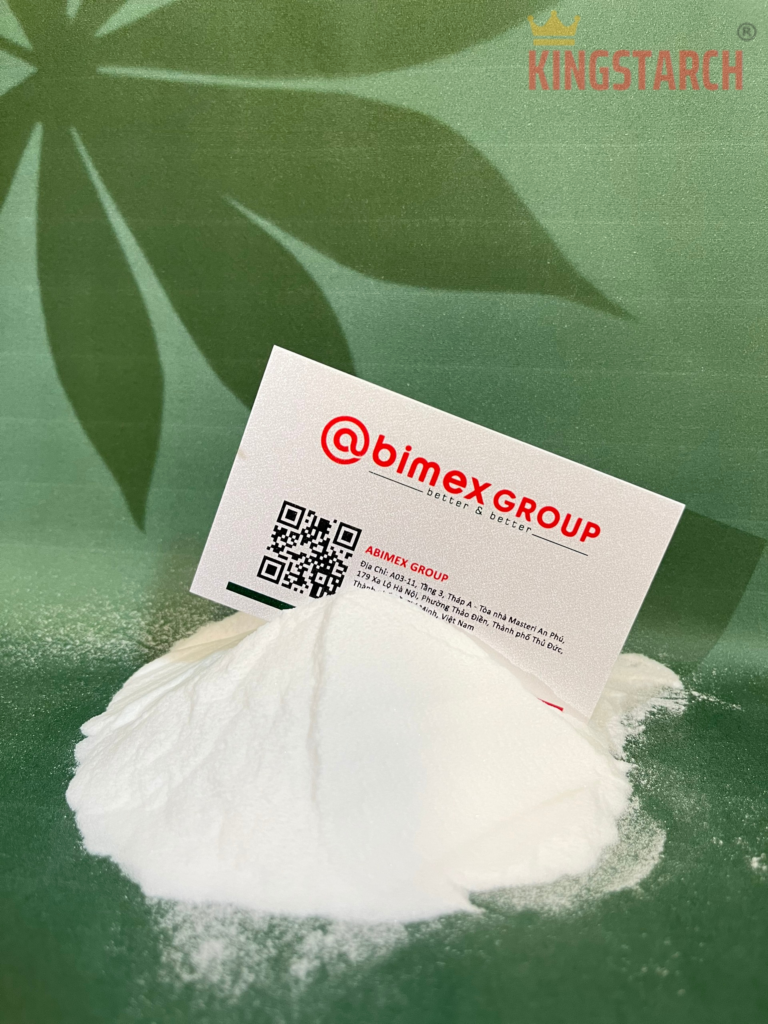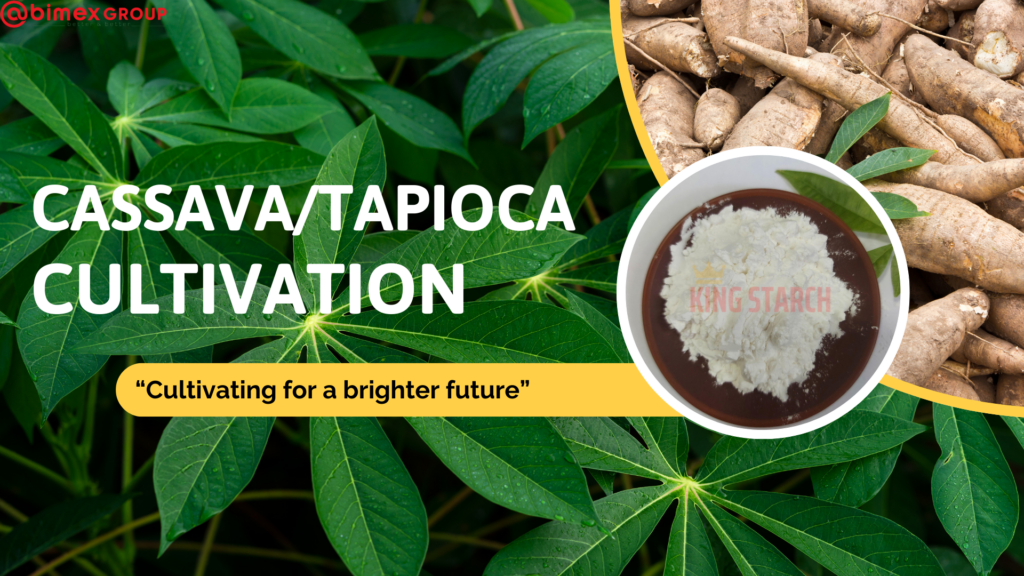In the competitive world of noodle production, quality and texture are key factors that directly influence consumer satisfaction and market success. To achieve these qualities, manufacturers are increasingly turning to modified tapioca starch as a vital ingredient in their noodle production processes. With numerous benefits, modified tapioca starch has become an indispensable component in creating high-quality noodles. Below are five reasons why modified tapioca starch is essential for noodle production.

Table of Contents
Toggle1. Improved Texture and Chewiness
Texture and chewiness are critical elements in how noodles are perceived by consumers. Noodles need to have the perfect balance of softness, elasticity, and smoothness, without being sticky or clumping together. Modified tapioca starch significantly enhances the texture of noodles, providing a smooth, chewy, and firm bite. Unlike other starches, modified tapioca starch ensures a consistent and pleasant texture, making it a crucial ingredient for producing high-quality noodles.
2. Extended Shelf Life
One of the challenges in noodle production is ensuring that noodles maintain their quality over time. Modified tapioca starch helps reduce moisture absorption, which prevents noodles from becoming too soft or deteriorating quickly. This benefit is particularly valuable for instant noodles and packaged noodles, which need to stay fresh and retain their quality for extended periods. By improving shelf life, modified tapioca starch allows manufacturers to better manage inventory and reduce waste.
3. Enhanced Cooking Performance
When it comes to noodles, especially instant varieties, cooking performance is a key consideration. Noodles made with modified tapioca starch maintain their shape and texture even after being boiled for long periods. This is crucial for products like instant noodles, where noodles must retain their quality and chewiness despite quick cooking. Modified tapioca starch ensures that noodles do not break apart or lose their elasticity during the cooking process, improving the overall consumer experience.
4. Cost-Effective Production
Another advantage of using modified tapioca starch in noodle production is its cost-effectiveness. Compared to other specialty starches, modified tapioca starch is affordable and easy to source. By incorporating this starch into their production processes, manufacturers can reduce raw material costs while still maintaining high product quality. This cost-saving benefit enables noodle producers to offer competitive pricing without compromising on the quality of the final product.
5. Gluten-Free and Allergen-Friendly
With the growing demand for gluten-free and allergen-friendly products, modified tapioca starch offers a great alternative for noodle manufacturers targeting these consumer groups. Since tapioca starch is naturally gluten-free, it provides an ideal solution for producing noodles that cater to those with gluten sensitivities or dietary restrictions. This makes modified tapioca starch not only a versatile ingredient but also one that meets the needs of a wider range of consumers.

Conclusion
Modified tapioca starch is proving to be a crucial ingredient in the production of high-quality noodles. From improving texture and chewiness to extending shelf life and enhancing cooking performance, it plays a vital role in creating noodles that meet the highest standards. By incorporating modified tapioca starch into their production processes, manufacturers can offer superior products, improve production efficiency, and cater to the growing demand for gluten-free options. As the noodle industry continues to evolve, modified tapioca starch remains a key component in delivering premium noodles to the market.

